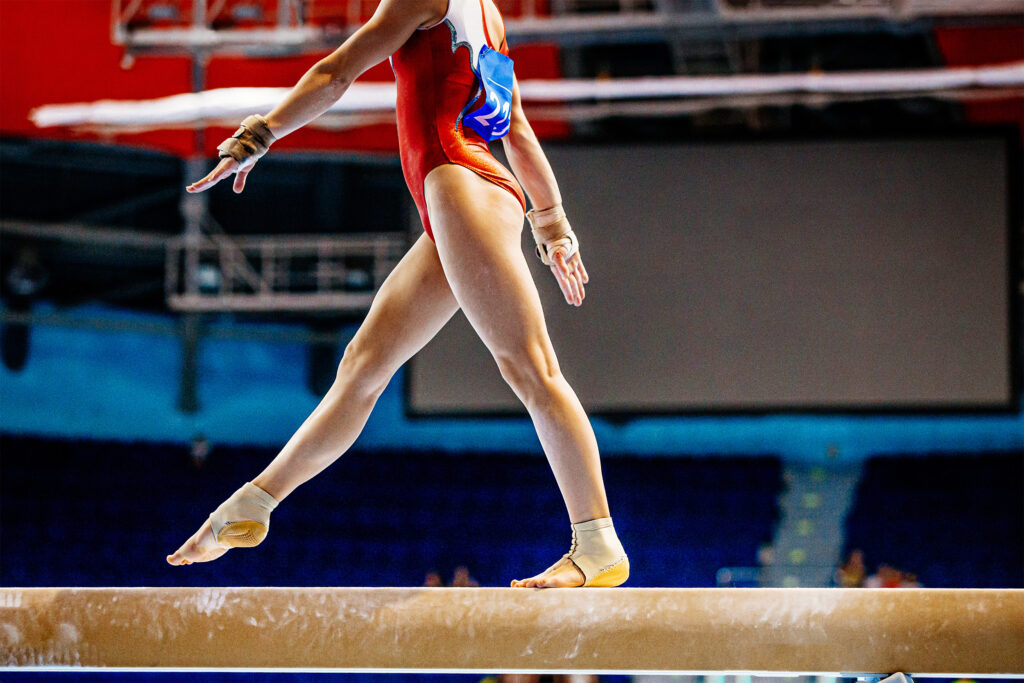Weather policies
Weather policies, such as heat, lightning, or air quality policies, help to identify safe conditions for sport and play. Typically, these include thresholds for what is considered safe, and a pre-determined action at each threshold (e.g., “at X air quality index rating, practices and games must be moved indoors or postponed”). Having a weather policy…
Effective coaching
A new study has shown that coaches of Olympic gold-medal swimmers are likely to be more agreeable, less narcissistic, and have a greater perception of emotion than many of their counterparts. It also found that traits like extraversion, openness to experience, and conscientiousness have little impact on a coach’s success.
Building a culture of excellence in high performance sport

Highlights In sport, culture can determine a team’s focus and how members communicate and deal with conflict. Culture also establishes norms of acceptable behaviour and directly influences functioning and performance. Own the Podium, alongside partners the Canadian Paralympic Committee and Canadian Olympic Committee, identified sport culture as an important performance factor for Canadian athletes to…
Job insecurity
For coaches, job insecurity can lead to reduced job and life satisfaction, decreased well-being, and burnout. Sport organizations can support the well-being of coaches through employment opportunities that are contractually secure and by limiting the number of temporary coaching contracts.
Creating a “fun” sport environment
Reflecting on how to create a “fun” atmosphere for girls and young women, a participant in an evaluation of the Keeping Girls in Sport online training commented, “Coaches take this as ‘we have to play games all the time and never push the girls outside of their comfort zone.’ Once girls love a sport, being…
Temperature regulation for wheelchair basketball athletes
Research with elite women’s wheelchair basketball athletes has shown playing time can negatively impact body temperature regulation, increasing the risk of heat exhaustion, heat cramps, and heat stroke. Coaches are encouraged to monitor the cooling strategies of athletes with high playing time and encourage all athletes to hydrate during time outs, substitutions, intermissions, and half…
Community parasport
Female youth involved with community parasport programs identify four benefits of their participation – social development, physical development, self-perceptions (feeling more confident), and athlete development (a desire to continue with parasport). Learn more in the SIRC blog.
Helmet fit
The way a helmet fits can change if an athlete changes their hairstyle (e.g., from a braid to a bun) or gets a haircut. To ensure athletes are well protected, consider re-checking their helmets’ fit at regular intervals during the season.
Sport specialization beliefs
Youth athletes may experience increased pressure to specialize when involved in club-level sport. Research discovered club coaches were more likely to possess attitudes in favor of sport specialization, when compared with high school coaches. Early sport specialization has been associated with negative physical and psychological outcomes including overuse injuries, dropout from sport, burnout, and lower…
Next Steps in the Safe Sport Journey: From Prevention of Harm to Optimizing Experiences

Highlights At its core, the Safe Sport movement is about optimizing the sport experience for all—athletes, coaches, sport administrators, officials, support staff, and others in the sport environment. Broader societal changes have influenced the Safe Sport movement: Changing approaches to child and youth development The #MeToo/Time’s Up movements Increased attention to equity, diversity, and inclusion …